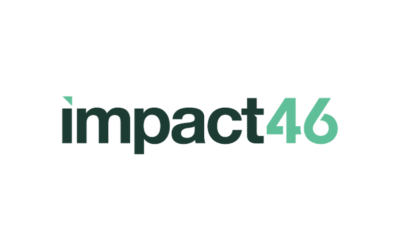As we’ve been looking into investment opportunities in lending, banking, personal finance, and investment technologies, we noticed that data aggregation was an increasingly important component for a lot of fintech — sometimes even critically important for products themselves. In this article, we’ll be talking about Data Aggregation and the effect of Open Banking on the internal operations of a startup.
Where can we find Open Banking today?
The European Commission was one of the earliest to implement regulation by incorporating open banking, which went into effect in January 2018. To access a bank’s data, fintechs must be registered with their respective regulator. Following Europe’s lead, regulators globally have been issuing tech-favorable guidance and regulations, including Bahrain. While the path and barriers vary by market, the goal is the same: foster competition and collaboration between banks and FinTech services.
How does this help FinTechs?
Through introducing regulations that decentralize access to user data. This has given rise to two types of FinTech startups: utilities that help FinTech startups access bank data, and challenges that are building new products and services with the data. We will be focusing more on the utility players as we believe the possibility is there for them to succeed in any market whether regulated or unregulated.
Utilities Players: We notice that the infrastructure players as data aggregators also known as Technical Service Providers (TSP) have been able to leverage the opportunities in both Open-Banking and unregulated markets. As many in this category are aggregation platforms, which collate multiple account providers’ APIs and make them available to other account providers and registered FinTechs.
TrueLayer, for example, is an API platform for developers to access the bank data they need to build new apps and services and is working to build out a payments API. As evidence of such companies’ success, you can look to TrueLayer, which agreed on a strategic and commercial relationship with Visa late last year. Visa also became a minority stakeholder in the firm, which claims it handles 65% of Open Banking traffic in the UK.
How are Data aggregators operating in other markets with no Open Banking?
Looking at the U.S it isn’t quite accepting of Open-Banking yet, and FinTechs heavily rely on the utility players (Data-Aggregators) or automate data collection processes themselves to manage the end offerings to consumers. For example, take a look at a popular app like Mint, which was bought by Intuit in 2009. 10 million users turn to the app to create budgets, pay bills, and manage their money. To do that effectively, a user connects all his bank and credit card accounts. Behind the scenes, Mint accesses these accounts and their data, and then crunches the numbers — providing actionable advice back to the user. Without Data Aggregation, apps like Mint would require a user to manually input all his/her data. That is not a reliable nor accepted experience by users. Data Aggregation is the backbone upon which modern financial technology is built.
Data aggregation – How it works
For markets lacking a clear user information collection process, we find a middle player (the Data aggregator) collecting the users’ bank data (such as account balance and transaction history) from different banks using the users’ account access.
Taking Plaid as an example of how data is collected;
The user downloads the fintech app connected to Plaid’s server providers
The user enters his bank account login and password
A snippet of Plaid’s code within the app grabs that info after encrypting it and enters it into the bank’s servers.
The bank verifies that there is a valid account and balance and pings Plaid back.
Plaid’s code confirms that the user has a valid account and authentication.
The Path Ahead
Each market has unique challenges to collect user data. These range from legacy infrastructure to interpreting nuances in the frameworks. An opportunity for FinTech startups to take advantage of, is to look at where the infrastructure services are needed for new emerging markets such as Saudi, whether regulated or unregulated, and offer a seamless solution for data aggregation or infrastructure connectivity. Providing a positive effect for startups, banks, and ultimately consumers and businesses.
Basmah Alsinaidi – Investment Analysis at Impact46






